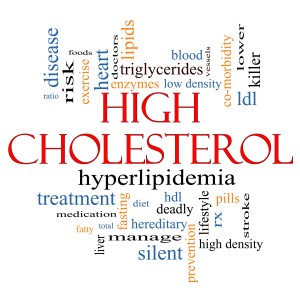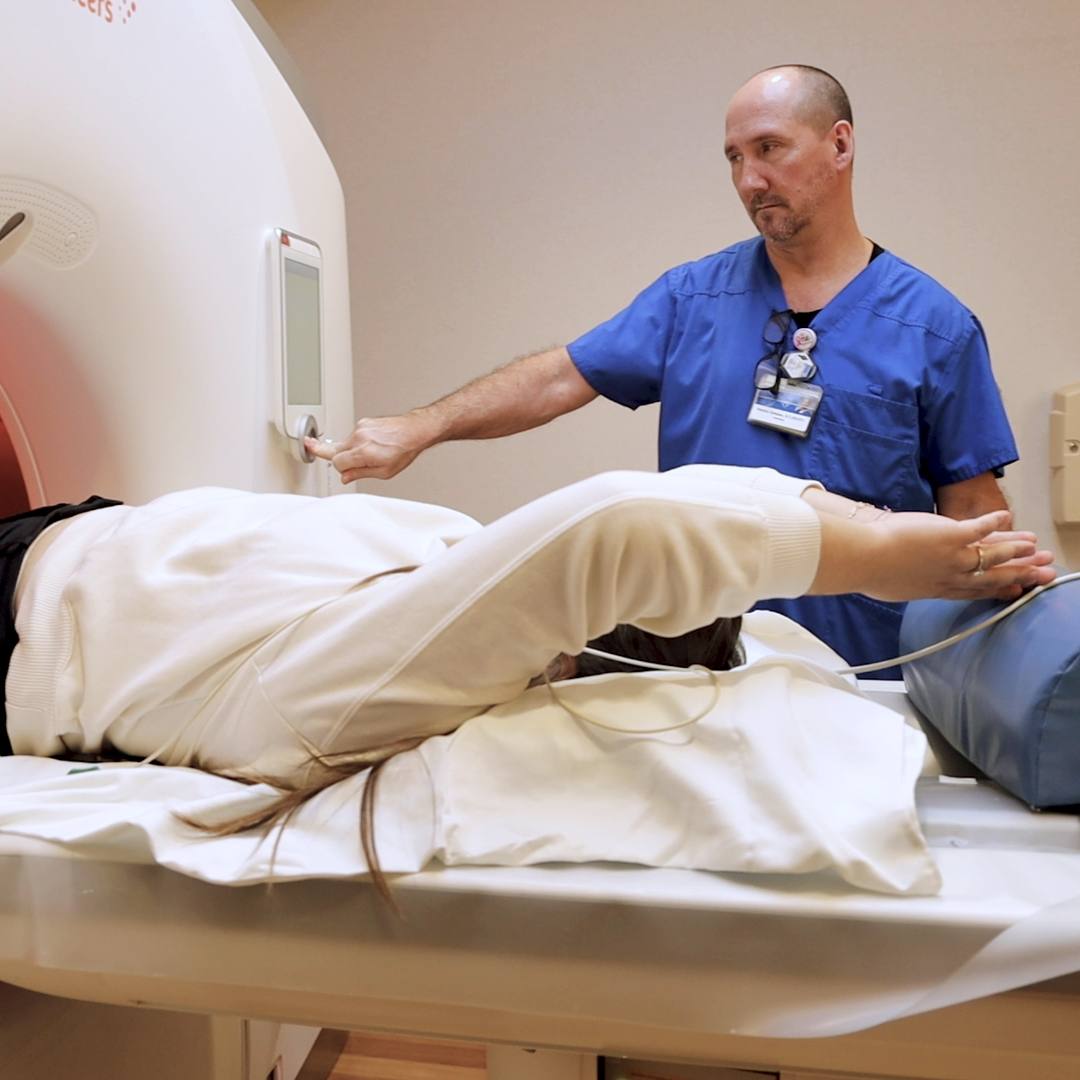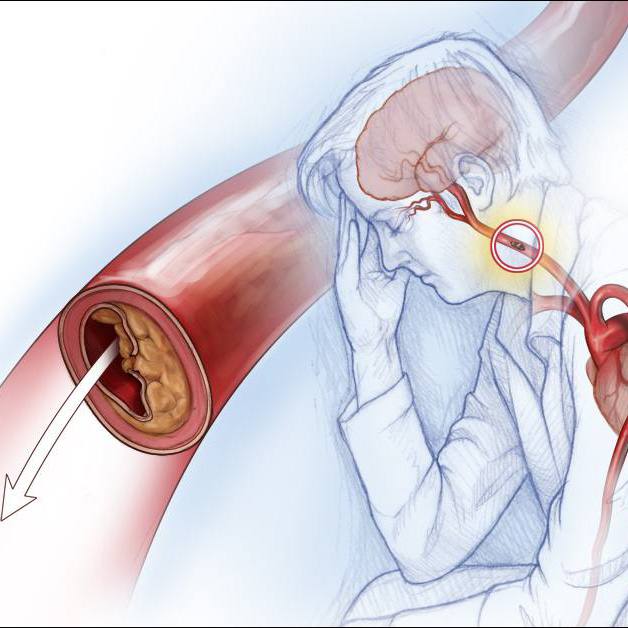-
Cardiovascular
Mayo Expert Says New Cholesterol Drugs are Very Effective
The FDA may approve the new medications for use later this year.
A Food and Drug Administration (FDA) advisory panel has recommended approval of the first drug in a new class of cholesterol-lowering medications, called PCSK9 inhibitors. PCSK9 is a protein that interferes with the liver's ability to reduce levels of LDL, often called the bad cholesterol. A similar drug made by another company will be considered by the panel today. "The thing that’s different about [these medications] is that they actually enhance your own body’s ability to clear cholesterol," says Stephen Kopecky, M.D., with Mayo Clinic's division of cardiovascular diseases and the immediate past president of the American Society for Preventive Cardiology (ASPC).
A similar drug made by another company will be considered by the panel today. "The thing that’s different about [these medications] is that they actually enhance your own body’s ability to clear cholesterol," says Stephen Kopecky, M.D., with Mayo Clinic's division of cardiovascular diseases and the immediate past president of the American Society for Preventive Cardiology (ASPC).
Mayo Clinic participated in some of the research to evaluate the medications. “Of the three that are coming along, we’ve studied two of them here, giving them to patients in research studies and looked at their benefits and side effects; their good effects and bad effects. We’ve found them to be very, very effective,” Dr. Kopecky says.
Play the video to hear more of Dr. Kopecky's comments about how the drugs work and why they could be lifesavers for some patients with high cholesterol.
Journalists, broadcast quality sound bites from Dr. Kopecky are available in the downloads. To read a transcript of his comments about which patients may benefit most and why working to lower cholesterol levels with lifestyle changes benefits more than just heart health, click here.
Full disclosure: Dr. Kopecky is an adviser to the pharmaceutical company Merck, which is not one of the companies awaiting FDA approval for a PCSK9 inhibitor medication.







